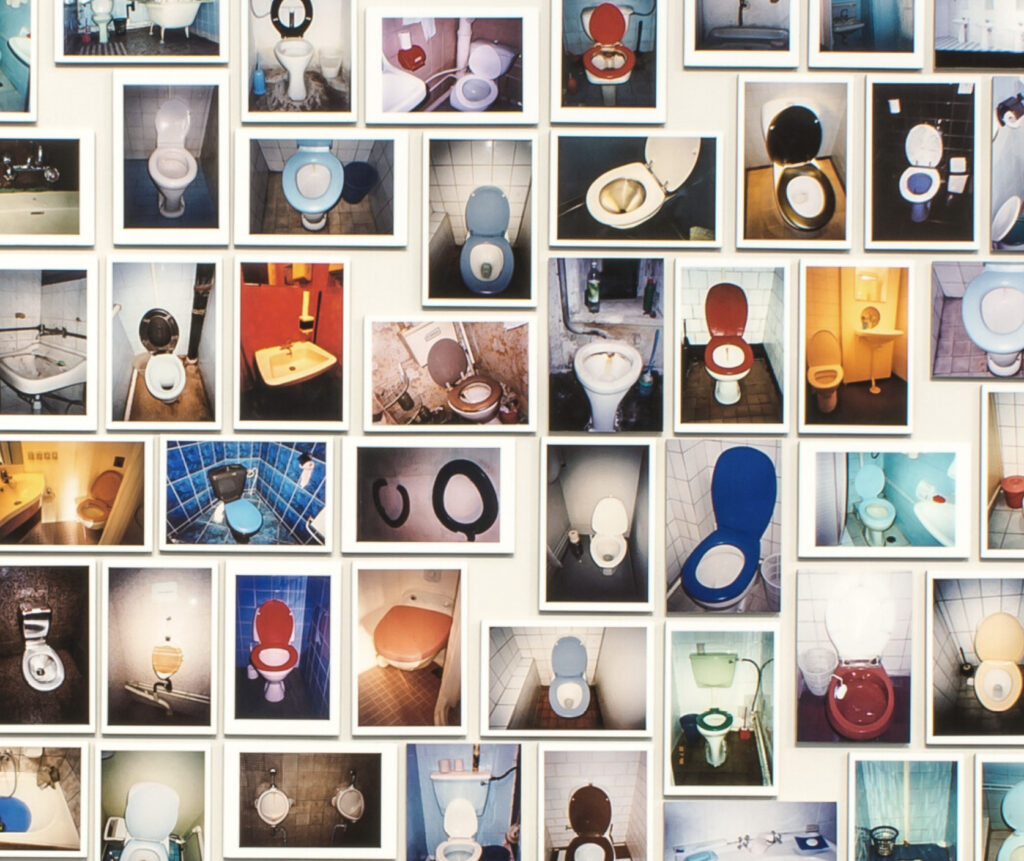
University of Stavanger, Université de Liège and University of Cambridge, 2022.
Terraforming has traditionally been understood to refer to planets beyond Earth, and the processes necessary to make them habitable for human life. But as the climate crisis renders life on Earth increasingly precarious – desertifying agricultural lands, drying up water supplies and destroying ecosystems – what we understand to be a ‘habitable’ planet needs rethinking. Some of the proposed solutions to the crisis can be defined as geoengineering: the practice of altering Earth processes to create a greener, more comfortable, and survivable planet for humanity; in other words, terraforming. Examples of terraforming might range from planetary wide – and irreversible – schemes such as solar radiation management, to smaller, gentler actions such as gardening.
Debate in the Environmental Humanities has largely – and correctly – pointed towards the ethical and political issues with geoengineering, and the hubris that so often accompanies the Anthropocene’s designation of humans as top geologic agents (Buck, 2019; Hamilton, 2013). Who gets to decide which geoengineering technologies are implemented, and whose perspectives are incorporated (or not) into world building projects and technofix solutionism are of key concern, particularly to Indigenous Peoples whose terraformable lands have been colonised (Powys Whyte, 2018). Nevertheless, it is necessary to grapple with the uncomfortable reality that soon it will be too late to maintain a stable climate. Our future survival will likely (and, indeed, already does) depend on terraforming in some capacity; through this workshop, we wish to interrogate the potential tensions – or ways forward – of this future. What technologies could be sanctioned for Earthly terraforming, and how can we ensure they are implemented fairly and safely? How do we resist these technologies merely maintaining the status quo of unfettered capitalism, colonialism, and fossil fuel reliance?
We invite participants with a range of perspectives addressing the changing and contested nature of terraforming. By bringing together scientists and practitioners involved in its implementation, designers and artists speculating on future worlds, and humanities scholars revealing planetary heterogeneity, this workshop will facilitate critical and creative discussions on terraforming technologies. What can we learn from each other? What does it mean to make a planet habitable – to terraform it? By holding these conversations through the workshop, we will foster connections and collaborations across disciplines, and find common ground for our common world.
Organisers: Charlotte Wrigley (University of Stavanger); Adam Searle (Université de Liège); Jonathon Turnbull (University of Cambridge)
Friday 11th November
10:30 – 12:00 SESSION 1: Terraforming in Practice
Bogdan Sinenko, National University of Life and Environmental Sciences of Ukraine
Tero Mustonen (online), Snowchange Collective
Olena Pareniuk (online), National University of Life and Environmental Sciences of Ukraine
13:00 – 14:30 SESSION 2: Terraforming in Place
Annaclaudia Martini, University of Bologna – Changing with Terra: Lessons in Terraforming from the 2011 Triple Disaster in Japan
Nicholas Parlato, University of Alaska Fairbanks – The Law of Thaw: Understanding Subnational Land Use Policies for Permafrost Agroecosystems
Aadita Chaudhury, York University (online) – Storytelling and Mythical Engagement as
Terraforming: The Gazi Scrolls and Sunderbans
Annah Lake Zhu and George Zhu, Wageningen University – Sinoforming the Planet and Beyond: Ecological Engineering at the Limits of the Western Imaginary
15:00 – 16:30 SESSION 3: Terraforming Materialities
Hannah Dickinson (with Helen Bullard, Elizabeth Johnson and Kristoffer Whitney), Durham University – Terraqueous Terraforming: The Paradoxes of World-Building with Marine Biomaterials
Nikos Katsikis, Delft University of Technology – Urbanization as Terraforming: Beyond Settlement
Catherine Price and Carol Morris, University of Nottingham (online) – Biochar in the UK Print News Media: A Frame Analysis
Victor Munoz Sanz, Delft University of Technology – Glass Terras: Conceptualizing Contemporary Environments for Horticultural Production as Terraforming Experiments
16:30 – 17:00 POETRY READING by Nigeria based poet Ojo Taiye
Saturday 12th November
09:30 – 11:00 SESSION 4: Speculative Terraforming
Charlotte Wrigley, University of Stavanger – Going Underground: Where the Mines are Deep and the Bunkers Dug for Tomorrow
Adam Searle (with Roxane Gabet, Université de Liège – Mundane Terraforming in Spectacular Crises
Anna-Katharina Laboissiere, University of Oslo – Models and Examples: Conservation and Terraforming Fantasies in Assisted Migration Projects
Franklin Ginn, University of Bristol – Plants for a Cold Cosmos
11:30 – 12:30 Performance lecture: Digesting Deep Time, Sophie Williamson